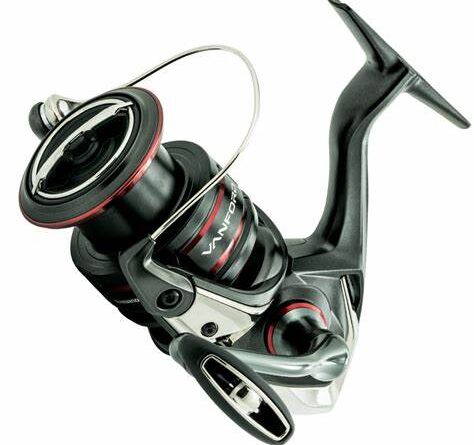Cheerfulfisherman.com is your go-to source for all things related to recreational fishing. Fishing has been a beloved pastime for countless generations, drawing people from all walks of life. Beyond the sheer joy of catching fish, there’s a deeper aspect to this sport that taps into our psychology. The serenity of being surrounded by the beauty of nature, the thrill of anticipating a catch, and the sense of escape from the daily grind all contribute to the therapeutic benefits of fishing. In this article, we’ll dive into the psychology of fishing and how this timeless tradition can be a fantastic way to relax and relieve the stresses of daily life. So, whether you’re a seasoned angler or a newcomer to the sport, our insights will help you appreciate the mental and emotional rewards of recreational fishing while connecting you with the beauty of the great outdoors.
The Call of Nature
For many, fishing offers a much-needed retreat from the concrete jungles and digital screens that dominate our daily lives. The act of escaping to a serene lake, river, or ocean provides an immediate connection with nature. The sound of water, the rustling of leaves, and the occasional call of a bird create an immersive sensory experience that soothes the mind and eases stress.
Nature has a profound impact on our well-being. Numerous studies have shown that spending time outdoors can reduce anxiety, improve mood, and boost overall mental health. Fishing allows you to immerse yourself in this natural environment, promoting relaxation and mental rejuvenation.
The Anticipation Factor
Fishing is a game of patience and anticipation. The act of casting your line and waiting for a fish to bite taps into our innate sense of curiosity and excitement. The uncertainty of what you might catch creates a sense of anticipation that can be incredibly therapeutic.
The brain’s reward center is activated during this process. When a fish finally bites, it triggers a rush of dopamine, the “feel-good” neurotransmitter. This release of dopamine contributes to a sense of accomplishment, pleasure, and relaxation, making fishing a natural stress reliever.

Mindful Engagement
Fishing requires a level of mindfulness that can be highly therapeutic. To be successful, you must be fully present in the moment, paying close attention to your surroundings and the subtle movements of your fishing line. This mindfulness allows you to temporarily set aside work-related stressors and every day worries.
By immersing yourself in the act of fishing, you engage in what psychologists call “flow.” This state of flow is characterized by complete absorption in an activity, where time seems to fly by, and worries fade away. The result is a break from the constant mental chatter that plagues our daily lives, leading to relaxation and stress reduction.
Connection with Community
Sport fishing often brings people together. Whether you’re fishing with friends, and family, or participating in fishing tournaments, this activity fosters a sense of community and social connection. Sharing the experience of fishing and bonding over stories of the “one that got away” can be a powerful stress-relief mechanism.
Social connections are essential for maintaining good mental health. They provide emotional support, reduce feelings of loneliness, and boost self-esteem. Engaging in a shared interest like fishing strengthens these connections and contributes to an overall sense of well-being.

Reaping the Rewards
The act of fishing is a rewarding experience in itself, but the tangible rewards are also worth noting. Fresh air, physical activity, and the thrill of a catch contribute to a sense of accomplishment and satisfaction. The fish you catch can also provide a delicious and healthy meal, enhancing your overall well-being.
For some, the art of catch-and-release fishing offers a unique satisfaction. It allows you to enjoy the thrill of the catch while preserving the environment and ensuring the fish can be caught again. This act of responsible angling can be deeply satisfying and add to the overall psychological benefits of fishing.
Sport fishing is more than just a hobby; it’s a therapeutic practice that offers relaxation, stress relief, and a deeper connection to nature. The psychology of fishing taps into the human desire for serenity, anticipation, mindfulness, and social connections, all of which contribute to improved mental well-being.
If the demands of everyday life leave you feeling overwhelmed, it might be time to take a well-deserved break and pay a visit to your beloved fishing spot. There’s something truly magical about the serene surroundings, the excitement of the impending catch, and the delightful moments shared with friends and fellow enthusiasts. So, why not venture out, cast your line, and let the calming embrace of sport fishing melt away your work-related stress? And remember, for all your fishing needs, be sure to visit Cheerfulfisherman.com.







1 Comment
Comments are closed.